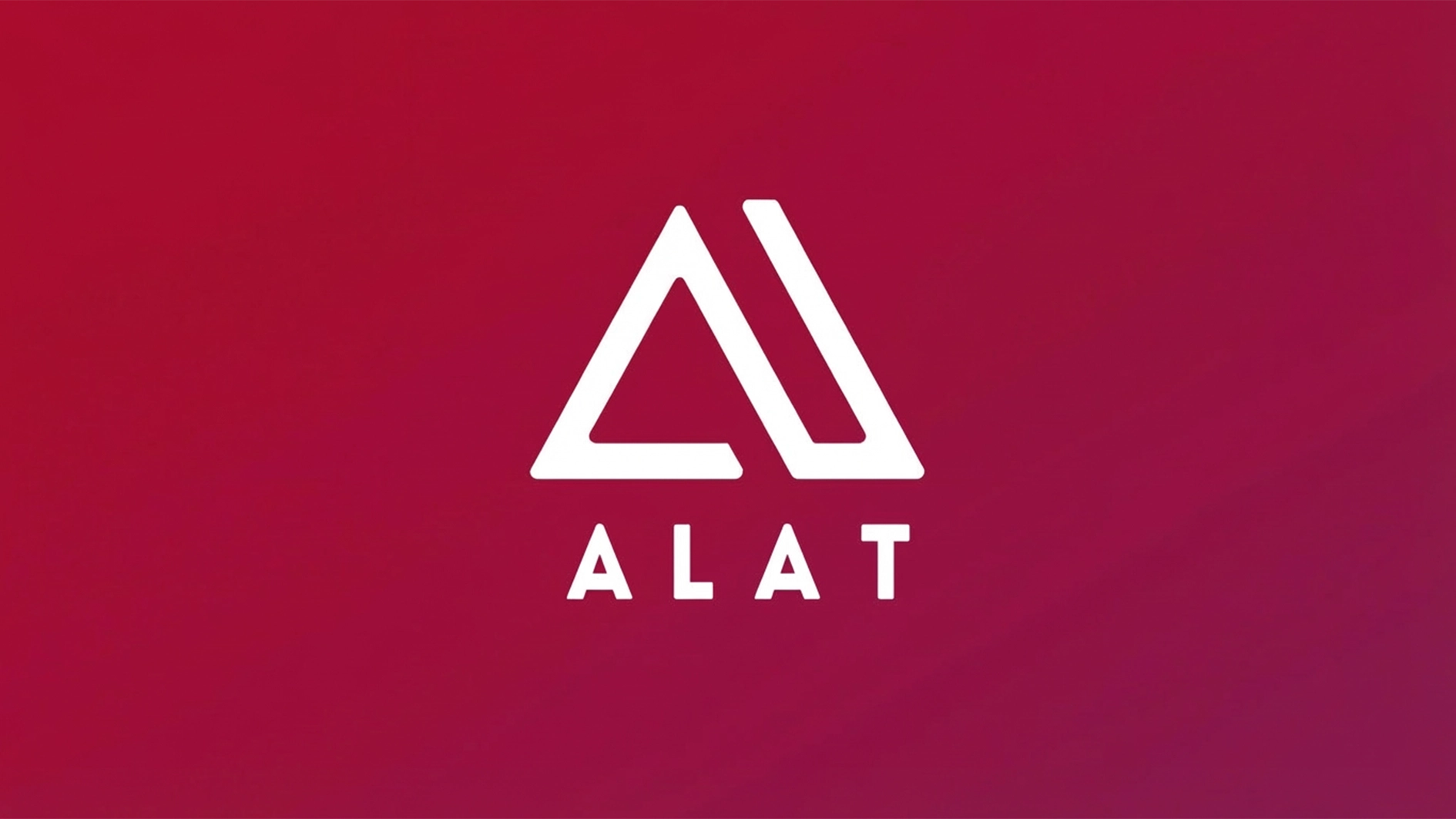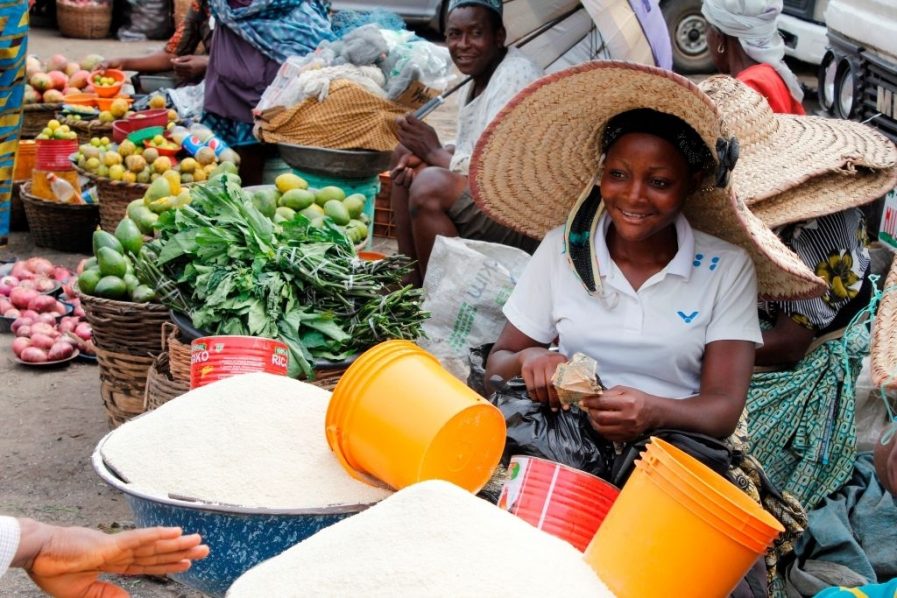
With 27.8 per cent or N15.7 trillion year-to-date (YTD) gain posted by the stock market, operators have called for policies that would help to stabilise the macroeconomic environment and tackle the foreign exchange crisis to attract investment into the country.
According to them, with signs of recovery and capital appreciation in the market, the government needs to ensure a stable and secure environment to attract new investment into the country. They said the major concern of foreigners besides the foreign exchange (FX) crisis is insecurity.
The market capitalisation of the Nigerian Exchange Limited (NGX), which opened for transactions on January 2, 2024, at N40.918 trillion, rose by N15.7 trillion or 27.8 per cent to N56.6 trillion as of September 30, 2024, while the all-share index (ASI), which measures the performance of listed equities, appreciated by 24 per cent from 74, 773.77 points to 98, 558.79 points.
A breakdown of activities that contributed to the surge showed that oil and gas (90.7 per cent), industrial goods (41.9 per cent), consumer goods (39.6 per cent), insurance (30.9 per cent) and banking (4.1 per cent).
Oando and Total contributed to 90.6 per cent gain in the oil and gas sector. Total also moved from N385 to N673.9 at the end of September. Also, Dangote Cement triggered the 41.8 per cent surge in the industrial goods sector, rallying from N319 in January 2024 to N532 at the end of September 2024.
In addition, BUA Food and Flourmills accounted for the 39.5 per cent rise in the consumer goods sector, with BUA Food rising from N198.9 kobo to N394.9 kobo at the end of September while Flour Mills moved from N33 to N62 largely due to the plans of the majority shareholder to buy out all minorities’ shares and delist the company from the exchange.
Custodian, Mansard and Veritas Capital accounted for the 30.9 per cent leap in the insurance sector in the nine months under review. Head of Research, Planet Capital, Dr Paul Uzum, said the banking stocks struggled during the year, rising by only four per cent largely due to the capital raising exercise by commercial banks during the year, and the imposition of tax on FX gains on the sector by the Federal Government, as investors adopted cautious trading in banking stocks within the period.
Agricultural stocks equally did very well, with a robust performance from Presco, Okomu Oil and Ellalakes. Presco moved from N193 to N485, Okomu Oil moved from N260 to N363 while Ellalakes leaped from N2.90 kobo to N4.43 kobo.
A member of the Exceptional Shareholders Association of Nigeria, Olugbosun Ariyo, said the 27.7 per cent gain in the stock market showed strong investors’ confidence, ridding on the back of reforms.
To keep this going forward, he said the government should maintain stable policies, attract more investments, and address issues like exchange rate instability, insecurity, and high energy cost, adding that if these issues are tackled, the stock market record sustainable growth.
President of the NewDimension Shareholders Association, Patric Ajudua, said government should eliminate double taxation and reduce tax payable by most companies in the capital market. He also called for the provision of an enabling environment that will make accessibility to foreign exchange easier at a good rate for most manufacturing companies, adding that this would help reduce input costs and enhance the profitability of listed firms.
“To sustain this tempo, there is a need to provide an enabling environment for investors to repatriate their dividends. They should create a single interest rate and sustainable grant for companies in the market to access the dollar. This will help boost their growth and profitability,” Ajudua stated.
Indeed, Nigeria’s stock market has been able to demonstrate its robust and adaptable nature, effectively navigating domestic and global economic uncertainties while maintaining exceptional performance and resilience.
In 2023, the market achieved unprecedented success, with the ASI surpassing 74,000 basis points for the first time since the exchange’s inception. This momentum continued into 2024, with the market achieving a 39.84 per cent year-to-date return in the first quarter, positioning it as the world’s best-performing exchange.
Additionally, the Alternative Securities Market (ASeM) Index emerged as the best-performing index in the first half of 2024, boasting a gain of 135.25 per cent.
This is despite the macroeconomic challenges bedevilling the nation. Nigeria has witnessed a consistent rise in inflation on a year-on-year basis. Inflation had moved from 28.92 per cent as of December 2023 to 32.15 per cent as of August.
Also, to the astonishment of market stakeholders, the Central Bank of Nigeria (CBN) Monetary Policy Committee further raised interest rates by 50 basis points to 27.25 per cent last week.
The apex bank further increased the cash reserve ratio (CRR) of commercial banks by 500 basis points from 45 per cent to 50 per cent while that of merchant banks was increased by 200 basis points to 16 per cent.
Further, the MPC raised the asymmetric corridor around the MPR to +500 and –100 basis points while the liquidity ratio was retained at 30 per cent. Chief Executive Officer of the NGX, Jude Chiemeka, said the exchange’s continued investment in technology has ensured that there has been no downtime in over five years, providing investors with seamless access to trade.
“Additionally, he said NGX would continue to support listed companies through its X-Academy by enhancing investor and customer understanding of the unique
benefits of investing in these entities.
“Our investment in the Ethiopian Securities Exchange (ESX) further exemplifies our commitment to fostering growth and innovation in African capital markets,” he said.






